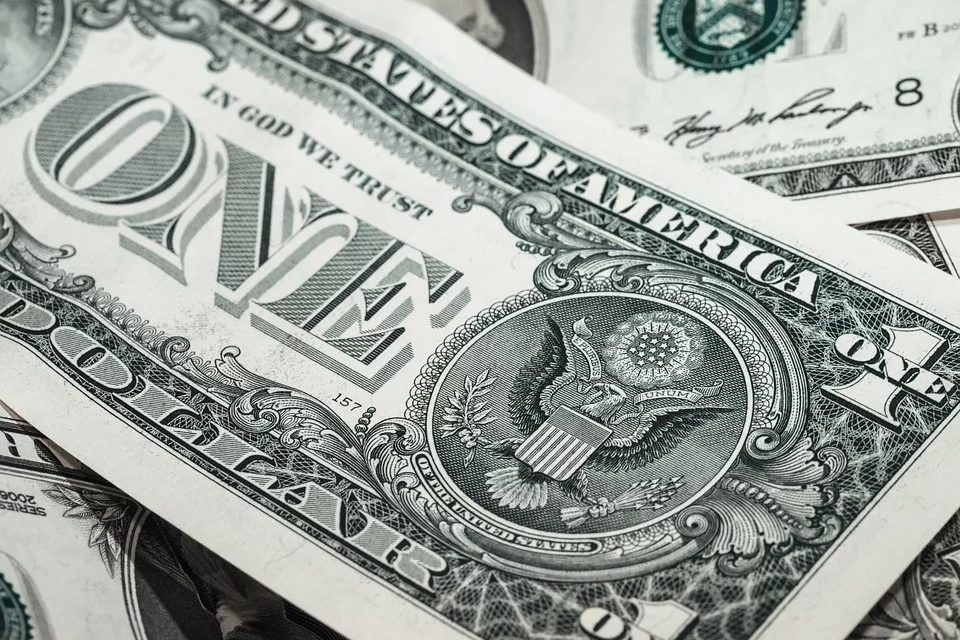Today we want to share some tips and suggestions around how to manage your finances in 2020. Now that we are settling into the new year, it seems like a good time to get a handle on budgets and spends and get into some good habits to ensure that we remain in control this year.
Work through your incomings and outgoings
The best place to start with this is to work through your incomings and outgoings.
Take a look through your account and scrutinize every bill and spend. You can usually separate these out into regular payments and then the things that you are spending on throughout the month. There are plenty of reputable debt settlement companies, so need not worry if you’re struggling paying things off.
Work on the regular payments first and look into whether you can reduce the bill. For example, if you have a mortgage payment, could you move to a better deal or switch lenders for a lower payment each month? Similarly, can you move your utility bills onto improved deals and rates to save you some money every month? You could look into consolidating a combination of outstanding debts with a personal loan, you just need to look into it to ensure that you will be better off by doing so.
After you have looked at reducing all of your regular outgoings, you can think about those things that you buy on a more ad hoc basis. You might find that you are paying for things that you no longer need or you might spot an area where you could cutback. For example, could you reduce your commuting costs, could you spend less on coffee each month or could you cutdown on your grocery shopping? Most of us can find an area where we could make some changes like this and those changes really can add up over the course of a year.
Set yourself a budget
Now that you have a good handle on your outgoings each month and you have reduced them down wherever possible, you are able to set yourself a budget each month, or perhaps each week.
Set aside all of those bill payments that have to go out and then look at any disposable income that you are left with. What can you realistically afford to spend each month, or each week? Set yourself a spending budget by doing this and monitor your spending to ensure that you stick to it.
It can help to withdraw that amount in cash each week as spending in cash can help to control spending, rather than putting everything on a card. Alternatively, you can keep a running tab of every spend as you go through each week to ensure that you stay on track.
Save regularly
Most of us would like to save a little each month. Maybe you have plans for a holiday, perhaps you are looking to decorate your home or you might just want the security of building up a nest egg.
Open yourself a savings account to ensure that you keep this separate from your everyday money. It can then be helpful to set up regular payments to go out on payday to prioritize your savings. You can then add any extras in at the end of the month if you have managed to save more that month.






